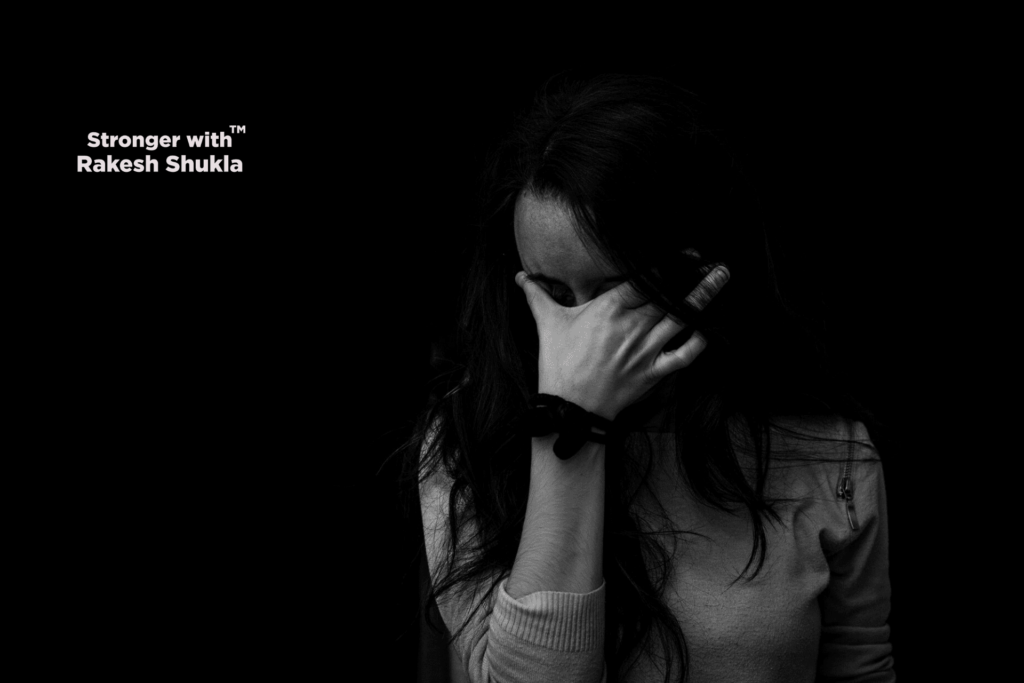Stop judging yourself

…instead, become kinder and forgiving to yourself
I have written earlier in one of my blog posts on how one of my life’s greatest lessons was when I started forgiving myself for what I was not and started focusing on what I was. Here I explain what it means to be forgiving and kinder to yourself and how you can get there.
In early 2014 with the loss of TWB, the voices accusing me of all the things that I was not, and that had contributed to my failure, were deafening. For years I have been accused of being uncaring about other people’s feelings, being arrogant and headstrong, and many other such things. My friends, people who worked with me, and the larger set of readers and ‘animal activists’ openly said so on different forums. The message was clear — ‘He has brought it on himself.’
So far, I had always brushed it off as the price of being driven. But now in that chorus, the loudest was mine! When I look back, my greatest challenge was simply to stop killing myself — even more than the millions of dollars of debt, being alone, and feeling uncared for. But how? As with some of the most difficult situations in life, the answers were simple.
Why and how we Judge Ourselves
We are programmed to judge ourselves. We judge both our experiences and emotions as being “good” or “bad”, “positive” or “negative”. Our conditioning is to criticize ourselves whenever we feel negative. Sadness or disappointment makes us judge ourselves, “I shouldn’t be feeling negative”, or, “Why can’t I be more positive?” Then we follow up this self-judgement with more of it — “I am here because I am not _______” (fill in the blanks with your favourite self-accusation) or simply that, “I need to change. I will not be _________” (fill in the blanks with your favourite dream).
We judge ourselves in the hope that it will allow us to see how we’ve been bad rationally and clearly, and rectify it. But judging makes us feel bad so we swing to the other side — wanting to feel good. One way everyone says that they can feel good is to keep telling yourself to be positive — which is the origin of a legion of self-help myths that start with ‘thinking positive thoughts’ or telling yourself ‘five positive things about yourself each day’ or whatever. But it doesn’t help.
I found that to stop this self-judgement imposed negativity, first I had to stop feeling the guilt of not feeling positive. Then I asked myself a different set of questions. Instead of, “I should not be feeling this bad but should be feeling positive,” I shifted to, “I’m feeling bad but why?”
It was stupid to ‘feel positive’ because the fact is that I was not in a positive situation and I had to accept it. Instead, I started living with these negative emotions but created a series of ‘why’ questions that led me to a much higher understanding of myself. As I have said before we clump a lot of negative emotions and label it as one feeling — sadness, anger, depression, frustration… they are all separate and with different triggers but they often come together and are expressed as feeling bad/low.
The Power of Embracing Yourself
From trying to become someone I was not, I was embracing myself for who I was. This forgiveness and being kinder to myself was a mind-shift. I had not realised it, but beating myself up had also made me defensive and risk-averse. When I become forgiving and kinder to myself, I also became more motivated as the appetite for risk and action was back. If I tried something and failed at it that was OK for I was still going to love myself (here I have written about creating multiple intelligent failures as the path to success, instead of creating one big win). I had become courageous by forgiving myself.
Disappointments, loss and pain are all part of the human journey. Nothing that I have experienced is unique. What was unique was how I responded as an individual — I did not put myself against the reality of life. I stopped making myself the villain of my own story. Instead, I started writing the story in which I was the hero. My imperfections are just warts on the back of a courageous, kind, smart, successful man — and I love myself for it.
Stronger with RAKESH SHUKLA™ is a framework for developing unparalleled mental and physical toughness. It is based on Rakesh’s life, and has helped drive two ‘comebacks’.
Rakesh Shukla slept on railway platforms on his way to creating a world-leading technology company — TWB_, which is the choice of over 40 Fortune 500 tech customers worldwide including Microsoft, Boeing, Airbus, Intel, and others. However, at 43, he lost everything within a year. Alone and friendless, he spent the next five years repaying over INR 20 crore of debt and taxes, while building back his company and reputation, and creating and funding VOSD — world’s largest dog sanctuary and rescue.
Rakesh Shukla has suffered heart disease since he was seven years old, had had two heart attacks by the time he was 30, suffers from brain diseases, has broken his back and his kidneys are failing. Towards the end of this five-year period, Rakesh weighed 88 kg and very unfit. Today, at 48 years, he can lift well over 100 kg above his head, run a 10-minute mile, do 2,000 push-ups, and 250 pull-ups. He has never been to a gym, been on a diet, had a trainer, or taken any supplements.